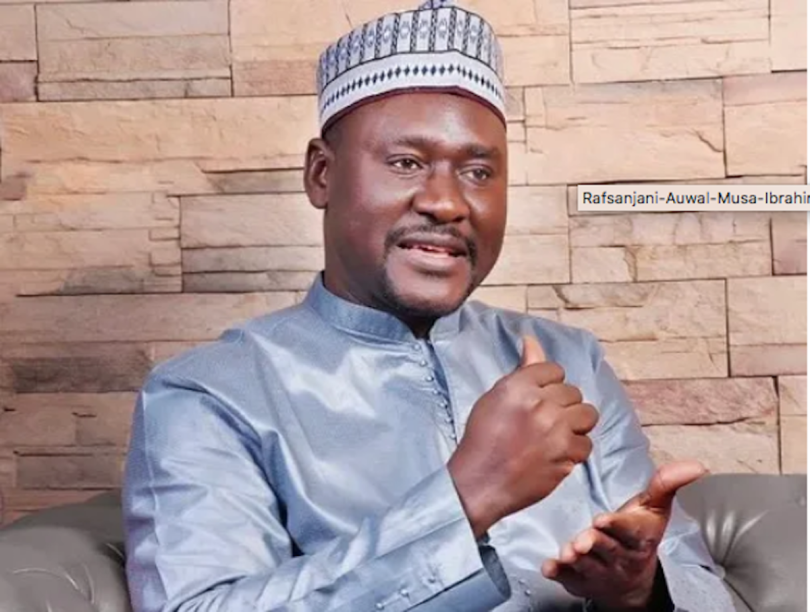The Civil Society Legislative Advocacy Centre (CISLAC), Nigeria’s chapter of Transparency International, has warned that entrenched corruption, weak governance, and worsening insecurity are pushing the country further away from achieving Sustainable Development Goal (SDG) 16 on peace, justice and strong institutions.
By Chimezie Godfrey
The Civil Society Legislative Advocacy Centre (CISLAC), Nigeria’s chapter of Transparency International, has warned that entrenched corruption, weak governance, and worsening insecurity are pushing the country further away from achieving Sustainable Development Goal (SDG) 16 on peace, justice and strong institutions.
Speaking at the launch of the 8th Nigeria SDG 16 Shadow Report at a UNGA side event in New York on Tuesday, CISLAC Executive Director, Comrade Auwal Ibrahim Musa (Rafsanjani), said political impunity, secrecy in asset declarations, and the commercialisation of kidnapping for ransom remain some of the gravest threats to stability and development in the country.
“Rather than leading by example, many political office holders divert taxpayers’ money to acquire luxury properties both within Nigeria and abroad, fueling illicit financial flows. Such lapses entrench corruption and create a dangerous precedent in which laws are applied selectively, shielding the powerful while ordinary citizens suffer,” Rafsanjani said.
According to him, the report, covering July 2024 to August 2025, documents alarming figures on insecurity. Between May 2023 and April 2024 alone, over 2.23 million kidnapping incidents were recorded, with ransom payments totaling ₦2.2 trillion (about US$1.4 billion).
CISLAC noted that the amount outstrips Nigeria’s 2024 defence budget, describing it as evidence that “insecurity has been privatised at the expense of national stability.”
Other findings of the report include:
”Persistent refusal of political leaders to declare assets in violation of the Constitution.
”Lack of transparent tracking of recovered assets.
”Civic space shrinkage, with protest repression and surveillance.
”Nigeria scoring only 31/100 in the Open Budget Survey.
”The government’s Open Treasury Portal now inactive.
”Freedom of Information compliance at just 11.4% despite a Supreme Court ruling”.
CISLAC highlighted cases to illustrate its findings. Among them was the arrest of whistleblower Mubarak Bello in Katsina after exposing police payroll fraud, which Rafsanjani described as “a chilling example of how citizens who challenge corruption are punished instead of protected.”
The report also referenced the UK Tribunal ruling implicating Chief Mike Ozekhome and his son, Osilama, in a failed attempt to transfer property linked to former General Jeremiah Useni, as well as reports of alleged luxury real estate acquisitions by FCT Minister Nyesom Wike in Florida.
Rafsanjani stressed that Nigeria risks missing the 2030 SDG deadline not for lack of laws or institutions, but for want of political will.
“The 8th SDG 16 Shadow Report is both a mirror and a roadmap. It shows us where we stand, but also points us to what must change,” he said, urging government and international partners to recommit to transparency, accountability, and justice.
He concluded that Nigeria’s path to national renewal lies in protecting civic space, strengthening institutions, and restoring respect for the rule of law.

